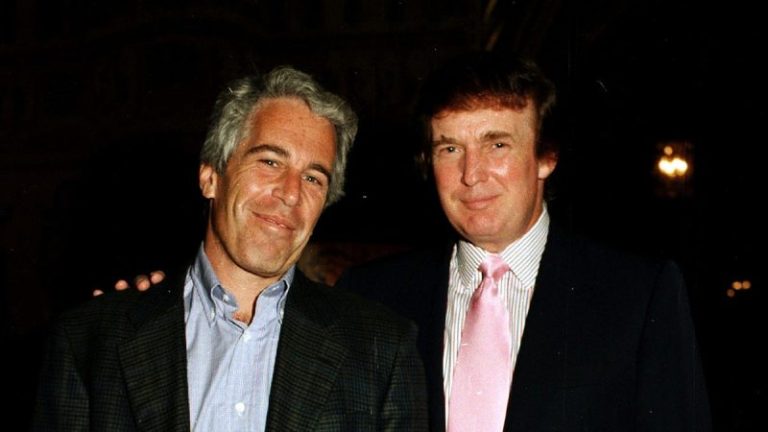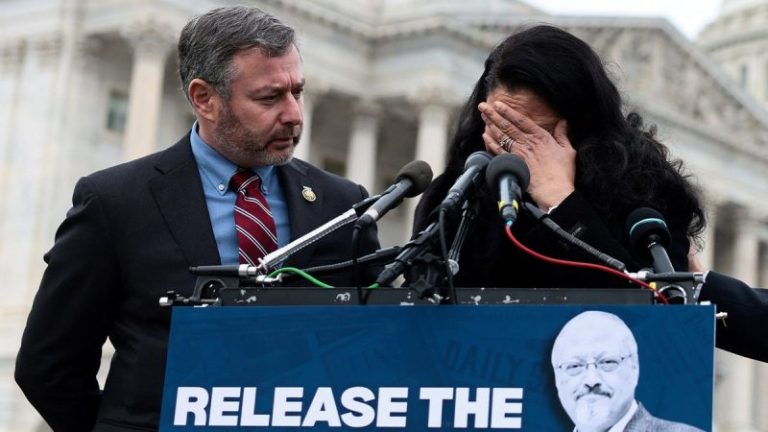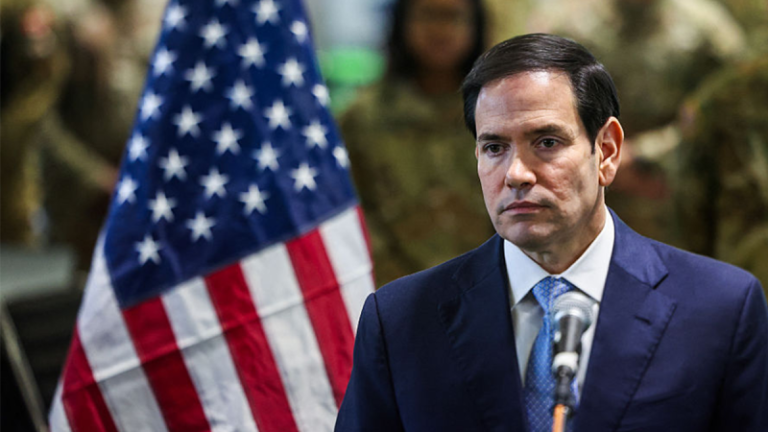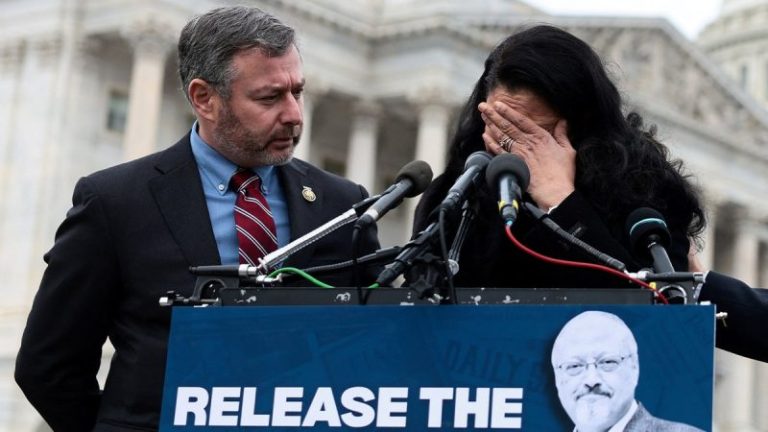(TheNewswire)
Toronto, Ontario November 25, 2025 TheNewswire – Laurion Mineral Exploration Inc. (TSX.V: LME | OTC: LMEFF) (‘LAURION’ or the ‘Corporation’) is pleased to announce encouraging results from its 7,700-metre Summer 2025 drill exploration program at the 100%-owned Ishkõday Project, located 220 km northeast of Thunder Bay in Greenstone, Ontario. The first five drill results were announced in the Corporation’s press releases dated August 19, 2025 and September 23, 2025, respectively, which targeted the high-grade gold-bearing vein systems of the Sturgeon River Mine area. Reference is also made to the Corporation’s press releases dated September 5, 2025, May 27, 2025 and May 8, 2025.
The reported drill holes below, LME25-063, LME25-064, LME25-065 and LME25-066, total 1,806 m. The holes were designed to evaluate the northeast extension of the mineralized system at the historic Brenbar Mine, with hole LME25-063, and then stepping out to the northeast of the Brenbar historic mine shaft targeting the untested M50 Quartz vein series with further drill holes.
Highlights of Drill Holes LME25-063, LME25-065 and LME25-066
-
LME25-063 0.7 m @ 2.67 g/t Au from 139.50 m to 140.20 m;
-
LME25-063 0.5 m @ 1.26 g/t Au from 393.40 m to 393.90 m;
-
LME25-065 0.50 m @ 1.78 g/t Au from 91.10 m to 91.60 m;
-
LME25-065 1.80 m @ 0.95 g/t Au from 149.60 m to 151.40 m, including: 0.80 m @ 1.90 g/t Au from 150.60 m to 151.40 m;
-
LME25-065 0.50 m @ 1.32 g/t Au from 292,30 m to 292.80 m;
-
LME25-066 1.50 m @ 1.02 g/t Au from 272,50 m to 274.00 m; and
-
LME25-066 0.70 m @ 2.42 g/t Au and 1.90 Au/t from 389.0 m to 389.70 m.
‘ While these results represent the early stages of testing in a geologically complex corridor, their significance lies in extending our knowledge of mineralization continuity between the historic Brenbar and Sturgeon River Mine areas, ‘ stated Cynthia Le Sueur-Aquin, President and CEO of LAURION. ‘This is the first time drilling has been completed across this untested structural corridor, and it is yielding valuable geological insight with oriented core, that will guide the next phase of our exploration program. Our focus remains on defining the broader mineralized system that links multiple historic mine zones, ultimately positioning Ishkōday as a district-scale gold and base metal opportunity.’
Table of Assays for Drill Holes for LME25-063 to LME25-066
|
Hole ID |
From (m) |
To (m) |
Core Length (m) |
Au (g/t) |
|
LME25-063 |
11.6 |
12.1 |
0.5 |
0.38 |
|
LME25-063 |
26.80 |
27.5 |
0.7 |
0.87 |
|
LME25-063 |
33.5 |
34.5 |
1.0 |
0.45 |
|
LME25-063 |
47.0 |
48.0 |
1.0 |
0.34 |
|
LME25-063 |
85.0 |
85.5 |
0.5 |
0.91 |
|
LME25-063 |
139.5 |
140.2 |
0.7 |
2.67 |
|
LME25-063 |
144.9 |
145.5 |
0.6 |
0.94 |
|
LME25-063 |
228.4 |
228.9 |
0.5 |
0.58 |
|
LME25-063 |
262.5 |
264.0 |
1.5 |
0.75 |
|
LME25-063 |
251.5 |
283.0 |
1.5 |
0.52 |
|
LME25-063 |
393.4 |
393.9 |
0.5 |
1.26 |
|
LME25-064 |
22.5 |
23.1 |
0.6 |
0.29 |
|
LME25-064 |
55.0 |
56.0 |
1.0 |
0.92 |
|
LME25-064 |
83.0 |
84.5 |
1.5 |
0.20 |
|
LME25-064 |
151.0 |
152.0 |
1.0 |
0.20 |
|
LME25-064 |
218.8 |
219.3 |
0.5 |
0.26 |
|
LME25-064 |
246.0 |
247.1 |
1.1 |
0.23 |
|
LME25-064 |
313.0 |
313.5 |
0.5 |
0.97 |
|
LME25-064 |
331.0 |
332.0 |
1.0 |
0.27 |
|
LME25-064 |
354.0 |
354.5 |
0.5 |
0.25 |
|
LME25-064 |
356.1 |
356.6 |
0.5 |
0.70 |
|
LME25-065 |
5.7 |
6.2 |
0.5 |
0.71 |
|
LME25-065 |
8.0 |
8.8 |
0.8 |
0.31 |
|
LME25-065 |
15.5 |
17.0 |
1.5 |
0.23 |
|
LME25-065 |
40.3 |
40.9 |
0.6 |
0.48 |
|
LME25-065 |
54.5 |
55.1 |
0.6 |
0.23 |
|
LME25-065 |
64.7 |
65.4 |
0.7 |
0.27 |
|
LME25-065 |
75.4 |
76.0 |
0.6 |
0.69 |
|
LME25-065 |
91.1 |
91.6 |
0.5 |
1.78 |
|
LME25-065 |
94.0 |
95.0 |
1.0 |
0.32 |
|
LME25-065 |
149.6 |
151.4 |
1.8 |
0.95 |
|
including |
150.6 |
151.4 |
0.8 |
1.90 |
|
LME25-065 |
20.08 |
209.0 |
1.0 |
0.44 |
|
LME25-065 |
223.5 |
224.0 |
0.5 |
0.20 |
|
LME25-065 |
235.0 |
236.0 |
1.0 |
0.40 |
|
LME25-065 |
243.5 |
245.0 |
1.5 |
0.29 |
|
LME25-065 |
292.3 |
292.8 |
0.5 |
1.32 |
|
LME25-065 |
309.9 |
310.4 |
0.5 |
0.25 |
|
LME25-065 |
319.7 |
320.9 |
1.2 |
0.21 |
|
LME25-065 |
319.7 |
320.2 |
0.5 |
0.32 |
|
LME25-065 |
365.0 |
365.5 |
0.5 |
0.27 |
|
LME25-065 |
391.2 |
391.7 |
0.5 |
0.22 |
|
LME25-065 |
417.3 |
417.8 |
0.5 |
0.80 |
|
LME25-065 |
487.4 |
488.2 |
0.8 |
0.38 |
|
LME25-066 |
5.46 |
6.5 |
1.04 |
0.21 |
|
LME25-066 |
13.3 |
14.75 |
1.45 |
0.37 |
|
LME25-066 |
85.0 |
89 |
4.0 |
0.26 |
|
LME25-066 |
86.25 |
87.1 |
0.85 |
0.53 |
|
LME25-066 |
117.0 |
118 |
1.0 |
0.67 |
|
LME25-066 |
223.7 |
225.5 |
1.8 |
0.25 |
|
LME25-066 |
251.5 |
252.1 |
0.6 |
0.34 |
|
LME25-066 |
257.4 |
258.15 |
0.75 |
0.46 |
|
LME25-066 |
272.5 |
274.0 |
1.5 |
1.02 |
|
LME25-066 |
303.0 |
303.5 |
0.5 |
0.41 |
|
LME25-066 |
307.8 |
308.3 |
0.5 |
0.94 |
|
LME25-066 |
310.2 |
310.7 |
0.5 |
0.70 |
|
LME25-066 |
324.6 |
325.1 |
0.5 |
0.46 |
|
LME25-066 |
327.4 |
327.9 |
0.5 |
0.93 |
|
LME25-066 |
339.0 |
340.0 |
1.0 |
0.25 |
|
LME25-066 |
389.0 |
389.7 |
0.7 |
2.42 |
|
LME25-066 |
400.0 |
400.65 |
0.65 |
0.84 |
|
LME25-066 |
413.8 |
414.3 |
0.5 |
0.21 |
|
LME25-066 |
465.2 |
465.8 |
0.6 |
0.20 |
Note: (Intervals represent core length. The interval widths reported are down-hole widths. The true widths of the mineralized zones are not known at this time as there is insufficient information to determine the orientation of the mineralization. True widths are estimated at ~70–90% of reported intervals.)
|
Drill Hole ID |
Azimuth |
Dip |
Depth (m) |
|
LME25-063 |
150 |
-50 |
435 |
|
LME25-064 |
150 |
-50 |
366 |
|
LME25-065 |
150 |
-50 |
513 |
|
LME25-066 |
150 |
-50 |
492 |
|
TOTAL |
1,806 |
Sampling and QA/QC Protocols
All drill core is transported and stored inside the core facility located at the Ishkõday Project in Greenstone, Ontario. LAURION employs an industry standard system of external standards, blanks and duplicates for all of its sampling, in addition to the QA/QC protocol employed by the laboratory. After logging, core samples were identified and then cut in half along core axis in the same building and then zip tied individually in plastic sample bags with a bar code. Approximately five or six of these individual bags were then stacked into a ‘rice’ white material bag and stored on a skid for final shipment to the laboratory.
All core samples were shipped to the ALS facility in Thunder Bay, Ontario, which were then prepared by ALS Global Geochemistry in Thunder Bay and analyzed by ALS Global Analytical Lab in North Vancouver, British Columbia. Samples are processed by 4-acid digestion and analyzed by fire assay on 50 g pulps and ICP-AES (InductivelyCoupledPlasma – AtomicElement-Spectroscopy). Over limit analyses are reprocessed with gravimetric finish.
A total of 5% blanks and 5% standard are inserted randomly within all samples. 5% of the best assay result pulps were sent for re-assays. All QAQC were verified, and no contamination or bias have been observed. The remaining half of the core, as well as the unsampled core, is stored in temporary core racks at the core logging facility in Beardmore and moved to the core storage facility at the Ishkõday Project.
Qualified Person
The technical contents of this release were reviewed and approved by Jean-Philippe Paiement, PGeo, MSc, a consultant to LAURION and a Qualified Person as defined by National Instrument 43-101 – Standards of Disclosure for Mineral Projects .
About LAURION Mineral Exploration Inc.
The Corporation is a mid-stage junior mineral exploration and development company listed on the TSXV under the symbol LME and on the OTCPINK under the symbol LMEFF. LAURION now has 274,097,283 outstanding shares, of which approximately 73.6% are owned and controlled by insiders who are eligible investors under the ‘Friends and Family’ categories.
LAURION’s emphasis is on the exploration and development of its flagship project, the 100% owned mid-stage 57 km 2 Ishkõday Project, and its gold-rich polymetallic mineralization.
LAURION’s chief priority remains maximizing shareholder value. A large portion of the Corporation’s focus in this regard falls within the scope of its mineral exploration activities and more specifically, advancing the Ishkõday Project. A consequence of LAURION’s success and advancement over the past several years is that the Corporation has become positioned as an acquisition target for appropriate potential acquirors. Accordingly, the Corporation’s Board of Directors is aware that possible strategic alternatives and transactional opportunities may arise and/or could be procured in the short or medium terms. The Corporation will promptly issue a press release if any material change occurs.
FOR FURTHER INFORMATION, CONTACT:
LAURION Mineral Exploration Inc .
Cynthia Le Sueur-Aquin – President and CEO
Tel: 1-705-788-9186 Fax: 1-705-805-9256
Douglas Vass – Investor Relations Consultant
Email: info@laurion.ca
Website: http://www.LAURION.ca
Follow us on: X (@LAURION_LME ), Instagram (laurionmineral) and LinkedIn ( )
Caution Regarding Forward-Looking Information
This press release contains forward-looking statements, which reflect the Corporation’s current expectations regarding future events including with respect to LAURION’s business, operations and condition, management’s objectives, strategies, beliefs and intentions, the Corporation’s ability to advance the Ishkõday Project, the nature, focus, timing and potential results of the Corporation’s exploration, drilling and prospecting activities in 2025 and beyond, including the Corporation’s diamond drill program described in this press release and the Corporation’s other planned activities for the Ishkõday Project for the remainder of 2025, and the statements regarding the Corporation’s exploration or consideration of any possible strategic alternatives and transactional opportunities, as well as the potential outcome(s) of this process, the possible impact of any potential transactions referenced herein on the Corporation or any of its stakeholders, and the ability of the Corporation to identify and complete any potential acquisitions, mergers, financings or other transactions referenced herein, and the timing of any such transactions. The forward-looking statements involve risks and uncertainties. Actual events and future results, performance or achievements expressed or implied by such forward-looking statements could differ materially from those projected herein including as a result of a change in the trading price of the common shares of LAURION, the TSX Venture Exchange or any other applicable regulator not providing its approval for any strategic alternatives or transactional opportunities, the interpretation and actual results of current exploration activities, changes in project parameters as plans continue to be refined, future prices of gold and/or other metals, possible variations in grade or recovery rates, failure of equipment or processes to operate as anticipated, the failure of contracted parties to perform, labor disputes and other risks of the mining industry, delays in obtaining governmental approvals or financing or in the completion of exploration, as well as those factors disclosed in the Corporation’s publicly filed documents. Investors should consult the Corporation’s ongoing quarterly and annual filings, as well as any other additional documentation comprising the Corporation’s public disclosure record, for additional information on risks and uncertainties relating to these forward-looking statements. The reader is cautioned not to rely on these forward-looking statements. Subject to applicable law, the Corporation disclaims any obligation to update these forward-looking statements. All sample values are from grab samples and channel samples, which by their nature, are not necessarily representative of overall grades of mineralized areas. Readers are cautioned to not place undue reliance on the assay values reported in this press release.
NEITHER THE TSX VENTURE EXCHANGE NOR ITS REGULATION SERVICE PROVIDER (AS THAT TERM IS DEFINED IN THE POLICIES OF THE TSX VENTURE EXCHANGE) ACCEPTS RESPONSIBILITY FOR THE ADEQUACY OR ACCURACY OF THE CONTENT OF THIS NEWS RELEASE.
Copyright (c) 2025 TheNewswire – All rights reserved.
News Provided by TheNewsWire via QuoteMedia










